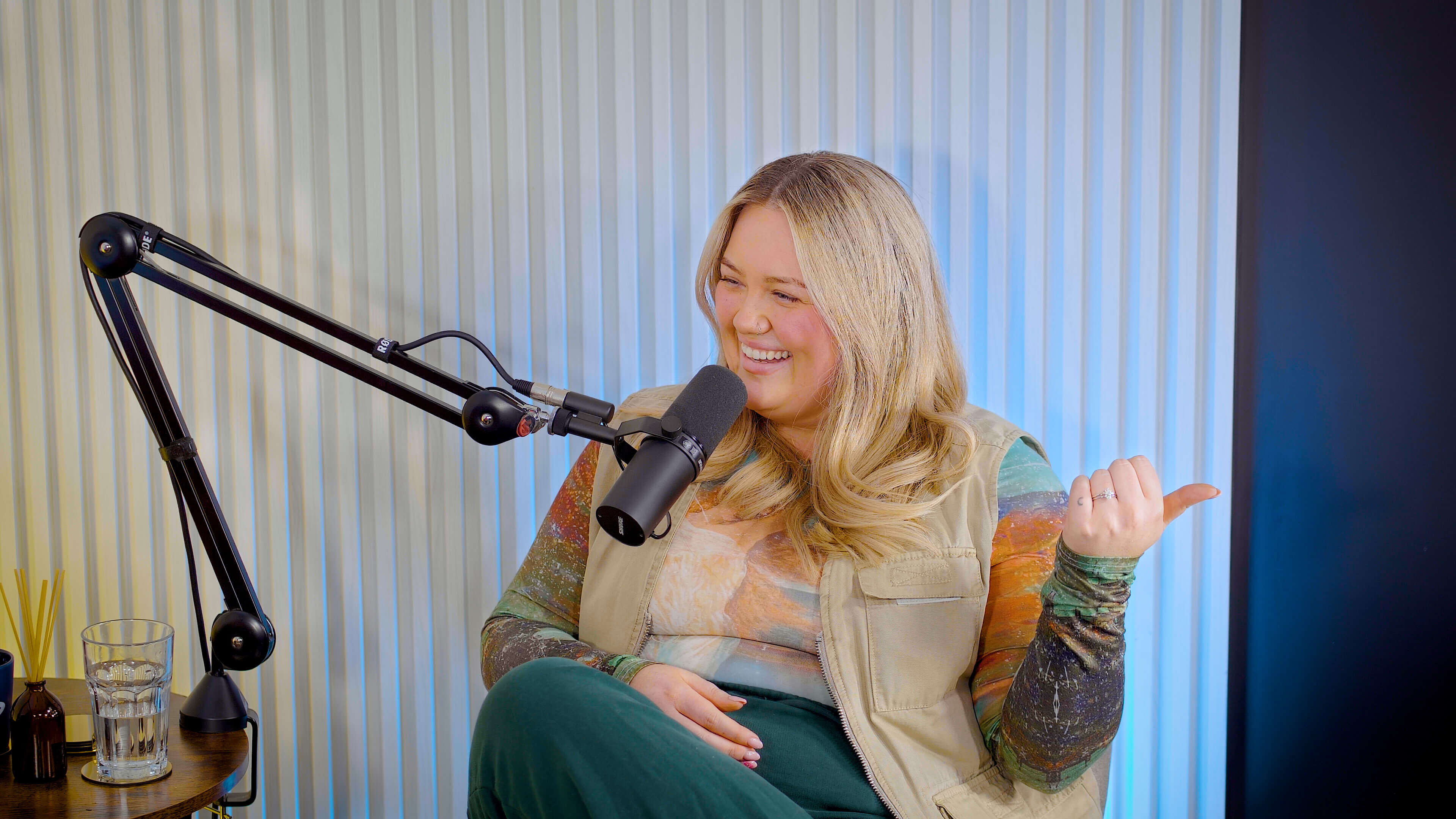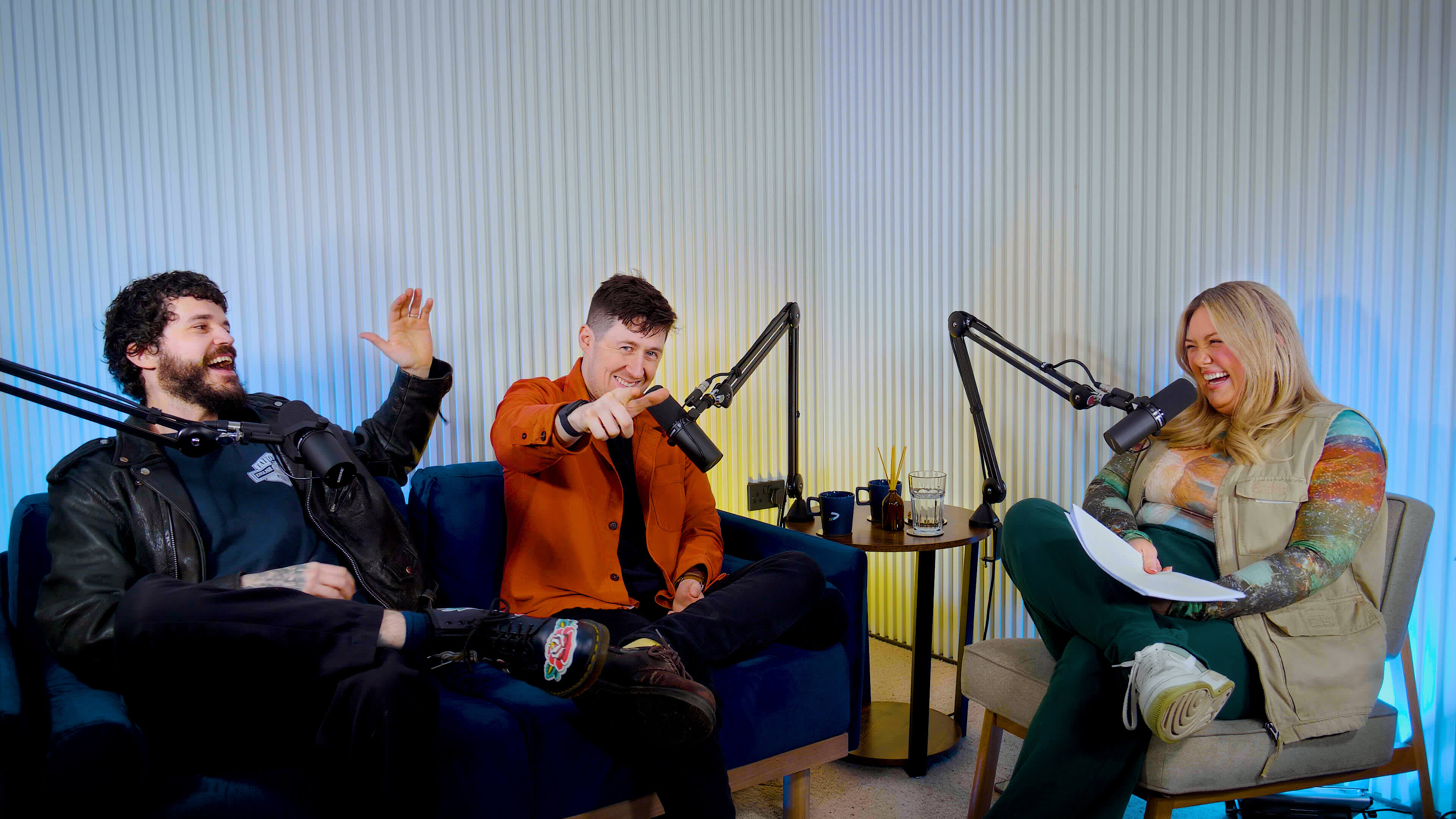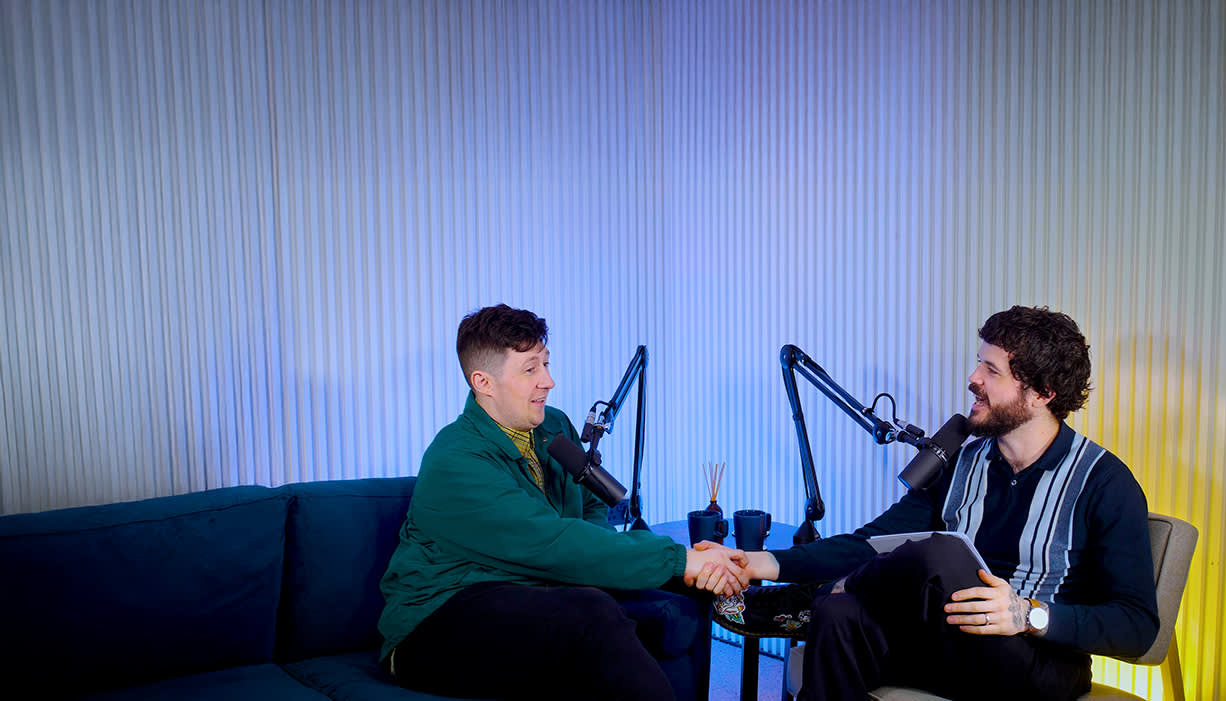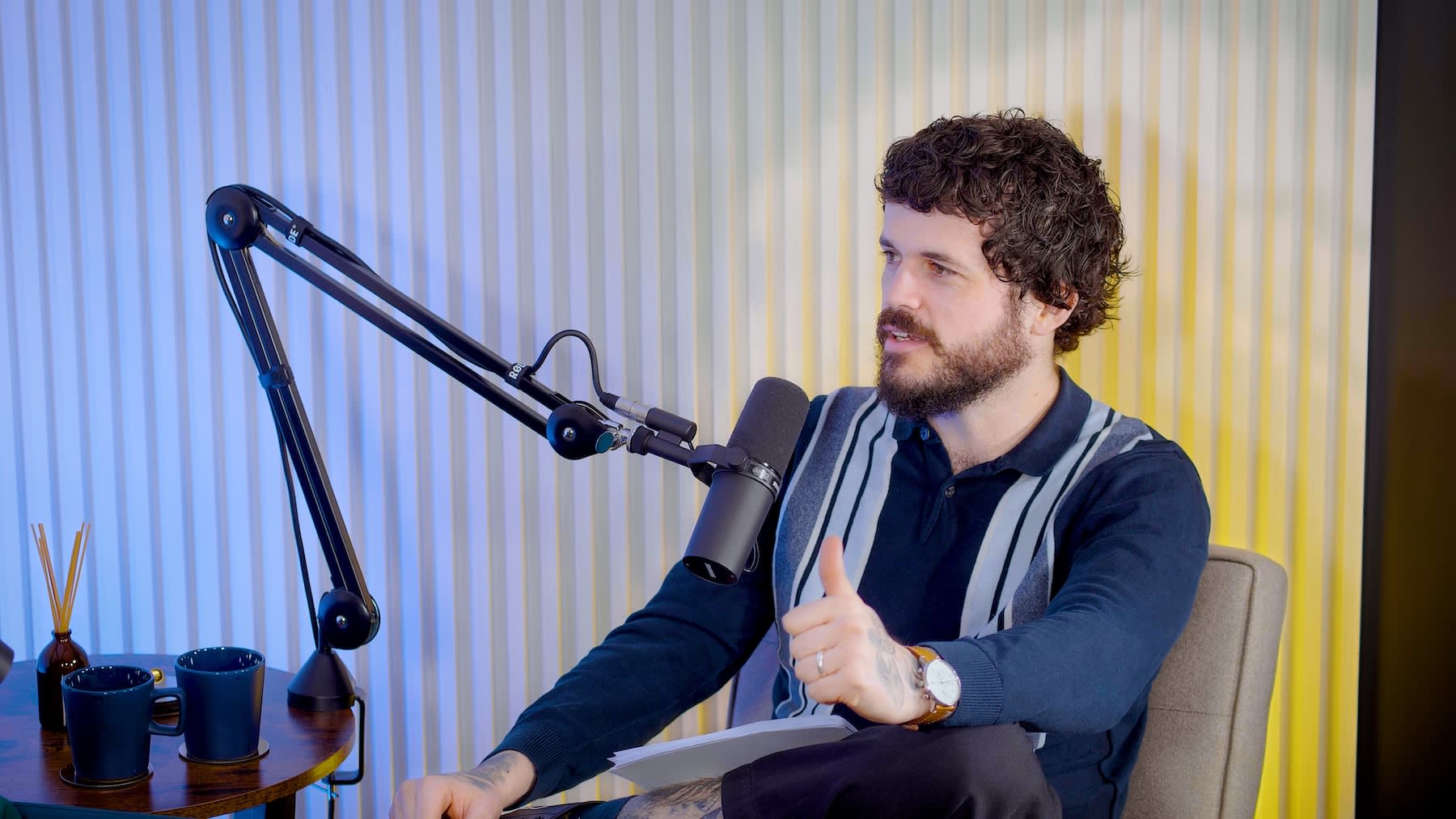
“Plato said it beautifully: when you want to talk about people, it’s best to zoom out and take a bird’s-eye view, seeing everything at once. Look at it all: gatherings and protests, neighborhoods and farmlands, weddings and breakups, births and deaths, busy offices and quiet parks, different cultures, celebrations, memorials, and markets… everything intertwined, a mix of opposites.” - Marcus Aurelius
Marcus Aurelius, reflecting on Plato, reminds us to zoom out and see life as a whole - a mix of wins and losses, joy and sorrow, beginnings and endings.
When you're caught up in frustration, rejection, or stress, ask yourself, ‘If I viewed this from a bird’s-eye perspective, would it still feel as overwhelming?’ Probably not.
Sales isn’t just about individual moments. It’s about relationships, resilience, and the bigger picture.
Step back, refocus, and keep moving forward.
Actionable tips:
- At the end of each week, reflect on the broader goals you’re working toward. How does this week’s activity fit into the bigger picture?
- When faced with rejection or setbacks, pause and remind yourself that this is just one moment in a larger journey. Ask: "How will this matter a year from now?"
- Remember that your clients and colleagues are also part of this intricate web of life. Understanding their broader context, whether personal or professional, can help you build stronger, more meaningful connections.
Remember you will die.
—
Subscribe to The Sales Stoic for daily insights: https://www.dealfront.com/resources/newsletters/the-sales-stoic/
Follow Jack & Zac: Jack: https://www.linkedin.com/in/jack-frimston-5010177b/ Zac: https://www.linkedin.com/in/zac-thompson-33a9a39b/
Connect with We Have a Meeting: LinkedIn: https://www.linkedin.com/company/we-have-a-meeting/ Website: https://www.wehaveameeting.com/
Disclaimer:
The Sales Stoic draws inspiration from the profound wisdom of Stoicism as presented in Ryan Holiday's "The Daily Stoic." As avid readers & fans, we deeply respect the work of Ryan Holiday, and acknowledge the significant impact of Stoic philosophy on our own approach to sales and life.
While The Sales Stoic applies the core principles of Stoicism to the unique challenges and opportunities faced by salespeople, it is an original work with its own distinct voice and focus. We aim to build upon the timeless wisdom of Stoicism to empower sales professionals with practical guidance and actionable insights for success in their careers and personal lives.
![Jack Frimston]()
Jack Frimston
Co-Founder at We Have a Meeting
![Zac Thompson]()
Zac Thompson
Co-Founder at We Have a Meeting
Well, well, well, back again. Back again. Here we are. Who would have thought? It's the second of June. It's second of We're still here. It's warm outside. We're breathing. We're breathing. What more could we want? Right. I've got old curly chops Marcus Aurelius for us again today. Good old curly chops. We like that. old Marcus. You're going have to bear with me on this one, all right? Plato said it beautifully. When you want to talk about people, it's best to zoom out and take a bird's eye view. See everything at once. Look at all. Gatherings and protests.
neighborhoods and farmlands, weddings and breakups, birth and death, busy offices and quiet parks, different cultures, celebrations, memorials and markets, everything intertwined, a mix of opposites. How'd that do? Really nice. Great. Thanks guys. You smashed it. Really good. Right, so my mind with this goes to the theme of today's is see the bigger picture. And I think as salespeople, we're sometimes guilty of probably being in our feelings a bit too much.
Yeah. So you could have like the rejection that totally knocks you off kilter or perhaps the sure thing like the deal that I'm this is definitely coming in. Yeah. I'm actually going to just I can chill this week. That deal is coming in. Can you think of a time self where actually you were banking on something happening and it didn't and it kind of rocked you a bit? Yeah, there's one that comes to mind, which was a big enterprise deal, like over 100K. And basically I didn't multi-thread properly.
And I was reliant, I had happy years basically, and was relying on a few people in the company telling me that this was done and the budget was there and everything was great. And it was definitely a priority. Actually, they didn't have any influence. They weren't the right people. So we got really far down. I'd committed it to like forecasted it in my, for my quarter, my month, whatever. And then they were like, yeah, this is, this is not happening. Like we.
Our boss is, is basically said no. I was like, what? Taking a step back, I definitely should have multi-threaded into higher. One actually confirmed that the process I understood to be right was definitely right for multiple people and that I got the right other people involved because I just kind of took their word for it and didn't test them enough. So that was hard because you'd already, I'd already spent the commission. I was like, I booked Ibiza. I'm going. And then it didn't come in.
So yeah, that was hard. ⁓ In hindsight that I should have tested it out a little bit more. We like to try and be as practical as possible and be tangible. So when you're talking about multi-threading there, if you could go back and sit down with StoicSof and say, right, okay, you need to go do this, this and this. You need to ask these questions. Paint me a picture of what that would look like. First of all, the company was at a certain size. I think there was, they were a two, 300 person company and I was speaking to two people.
realistically, you need at least six or seven people on board for a project of that size with that amount of like monetary commitment. ⁓ So first of all would have tested that the people I was speaking to either can introduce me to them and if not, they're not real champions because they're not actually fully bought into the project. ⁓ And then multi-threaded myself. So emailed to say, hey, I'm working with Zach on this. My understanding is that you manage this budget. ⁓
Is it fair to say that this priority for you I've heard from these, these team members that it is just want to like double check it with you. Um, we're working to this timeline. Does that still fit in with, know, kind of one ask them to introduce me, but also take my own routes to call email pester the hell out of, uh, yeah, other people in the business. So if you were giving people advice now on how to kind of bounce back from that, because
I mean, we see it, mean, people talk about it all the time on LinkedIn, I'm sure in like management and training courses, but salespeople are notorious for having peaks and drops in performance. And it's usually a result of something like that, isn't it? Like a sure thing deal. And suddenly you're like, what's the point? And you kind of start tapping out. So for you, bouncing back from things like that, that are kind of inevitable, what advice would you give to people? From a transactional salesperson perspective, I didn't have enough.
additional pipeline to cover it as well. So I think that's a learning that I took, especially from that is like, can't, you can never be sure. Like someone could have died and that would have derailed it. So yes, there's things I can control, but there's always a risk to every deal. So you really need to be, you always need to have something that could potentially backfill, which I definitely now work towards and do. ⁓ but yeah, I do think that there's a value in leaning on
your team as well. Like, I think that's something we don't talk about enough in sales is like, it's all very individual. see on LinkedIn, like I've done this, we've done, you know, Mia, I've achieved this last year and my court has been amazing, but actually it does take a wider team and like your leaders or your colleagues to support you through shit times. So that's definitely something that, especially after that one in particular that I would, that I did is kind of sat down with everyone, like from your point of view.
What do you feel like I could do better or have I missed something here? Like just kind of run it through with them a little bit as well. That's really nice. We say that as advice, like everybody's everybody, you might have seen this, but most people want to have a mentor, but actually just getting feedback from being able to have like a strong leader or even a friend and just taking their opinion and saying that that kind of kind of ties into like the bird's eye view of kind of just.
Let me step out of it because I'm living in this moment and I can't really see my blind spots. So what, what, what else can you kind of spot? And you, you mentioned it there. So if the search used to talk about it, a lot of that element of control, it's about knowing what you can control and actually what, you can't control. So when you think about, okay, building a pipeline, what, what, what are the things that you're like, right? This is what I'm in control of. And this is the input that I'm going to put in.
to get the reward, what are those things? Yeah, so we, a fairly new leader to be fair that I've worked with, Ross, almost makes, well, every week we commit to a certain like hustle metric. So I need to do X amount of outreach and that can be a mixture of LinkedIn, we all love LinkedIn, cold calls, sequences, whatever it might be, video outreach, voice notes. So I commit to X amount of pipeline a week, it's about 50K that I need to build.
And then I break that down of our average order value is this. know that I typically get X amount of connects a week. I know that I then need to make X amount of dials. So I kind of like reverse engineer my number every week and I'm held to account not only myself, but my like my sales leader. So yeah, that's, that's typically how I'm like working on building pipeline and making sure that I'm held accountable is where do I need to get to? And not just for that week and that month for like my full year started in the first of Feb.
So I'm like midway through Q1 at the moment. And I already know where I need to be every month and every quarter for the next 12 months, which is gross to be honest, but it's good because it keeps you hungry for every day and week that goes by. I like what you said before about options as well, having, so, because I think so many people are girls that I definitely have been in my career where because you've got kind of the sure thing, you forget to have the choice in your pipeline, don't you? So when it falls away, having that moment of like,
panic. Yeah. And that's often where it comes from. have you found that actually those kind of hustle metrics just kind of sticking to them as non-negotiables has been quite helpful in getting you out of that mindset of just relying on the kind of feeling? Yeah. And I wrote a LinkedIn post about this the other day. I try and do the least amount of work for the most amount of reward. I'm not even going to lie. I do. And like, I think if we were all like, I know else we would. So I cut corners where I can.
Like if I can do something in a day when it would take someone three, I'm like, no, I'd rather just have that time to do something else. Yeah. think being able to be really like clear on my day and my time, because I'm also just like, flit around and like get distracted by that and something I get happy is on one deal and actually I needed to send something to someone else. Like I really need to be regimental with my time. So yeah, that accountability each day, week. ⁓ and also I've
The good thing is I've spoke to Ross, my sales leader about like, I need you to tell me if I'm being shit or if I need to do something else because I'm, I'll just like get away with it if I can. Yeah. No, I like that. That's the sign of like a good entrepreneur being like, right, how, can I cut corners? Because you find new innovative ways to do things and like having that accountability. So then what do you, because we're all guilty, Soph, what do you do on the days where you don't want to do it? Because you know you have to do it, but you don't want to do it.
Yeah, I think one thing I've tapped into definitely in the last 12 months is like knowing when I'm good at certain things. So a Monday morning, I'm actually not a very good morning person at all. I would rather sleep till 10 and work till 12 at night. Like I'm very much a night owl. So I actually just plan out my like blocks and days depending on when I have my best activity or like effectiveness. So that really helps just to like
I know I'm better in the evening. I'm more creative. Like that's usually where I write my LinkedIn stuff and I'll do like two hours of like, I feel creative now. I'm going to do some videos or whatever. whereas in the morning I know that I'm rubbish, so I'm not going to do any like real mind tasks. Like what, when I need to use my brain the most in the morning. ⁓ so that really helps like just being really clear on where my time's going and what I'm going to do and knowing what I'm good at. ⁓ one thing as well, we did this week.
I, we had like a external company called Mimeflick come and come into our, um, come into our kickoff. And they basically said, we all find it really uncomfortable to know what we're good at. Like we all focus on what's your weakness. Like in an interview where I was like, what's your weakness? How can you be, how can you get better? But like, why do we care what our weaknesses? Just know what your strength is and just be great at that. You don't actually need to be better at things you're not good at sometimes.
So that was really interesting. So now I feel really confident that I like know what I'm good at and know when I'm good at it. So I just yeah, do that more. Nice. That's a really powerful thing and probably quite an uncomfortable thing as well. Yeah, so easy to go on a bit rubbish at that. But yeah, it'll be quite hard to go to say you're good at something. Yeah, it feels uncomfortable. I think that's a good cliffhanger to say, tune in because we're going to find out more about where your strengths are. We're going to dig deeper. So I I want you to look at that camera jack and just let them know.
I've been Jack Frimston. I've been Zach Thompson. I've been Sophie Ellis. Remember you'll die. My gosh. What's that? Bye.





